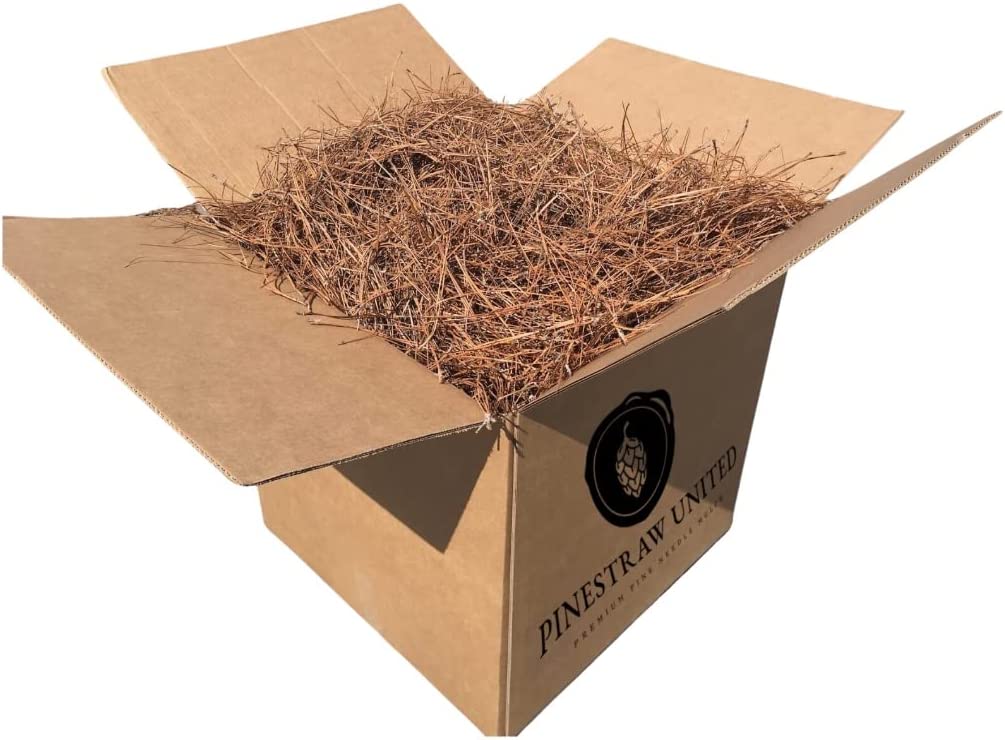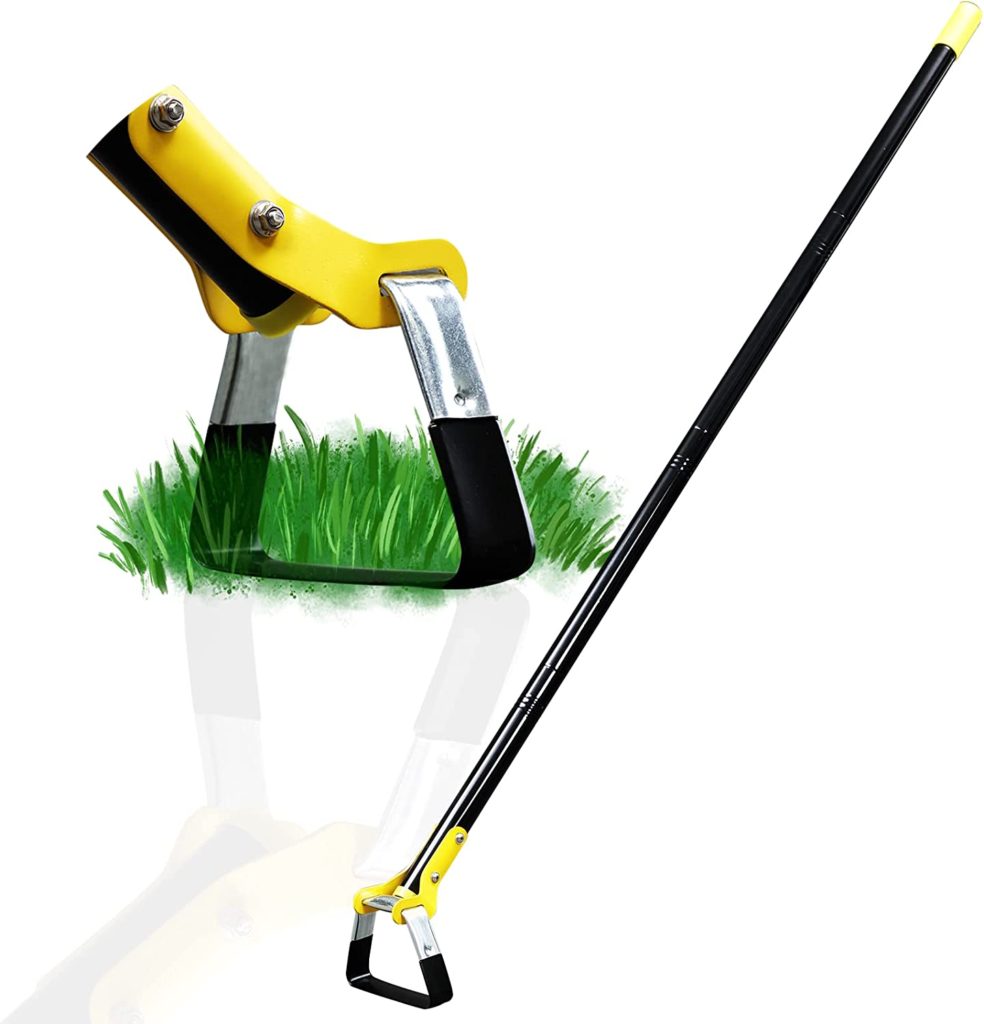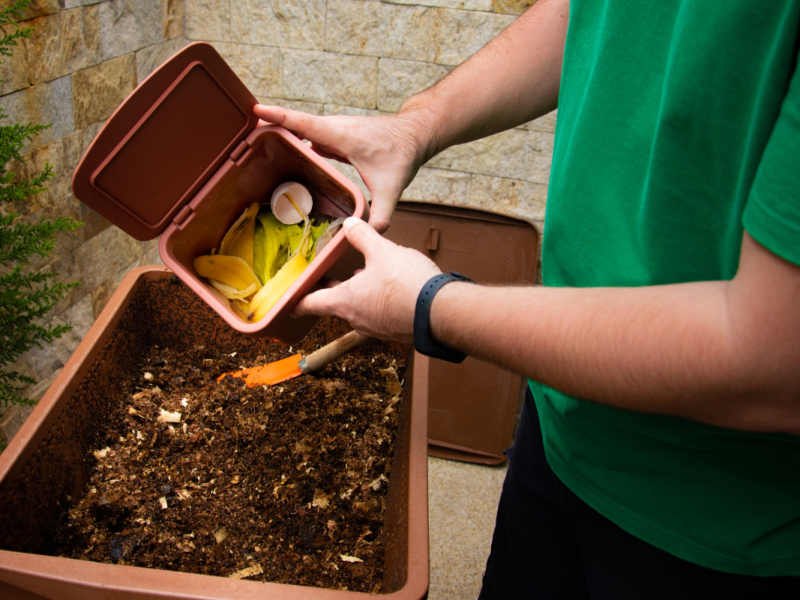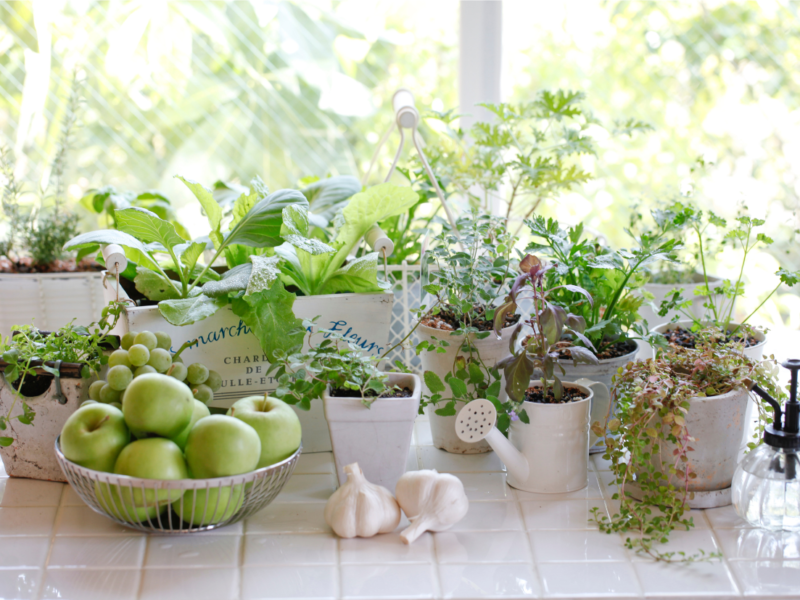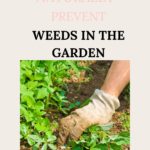A beautifully cultivated garden bursting with vibrant vegetables is every gardener’s dream. However, the persistent presence of weeds can quickly turn this dream into a nightmare. Weeds compete for valuable nutrients and resources, compromising your vegetable garden’s overall health and productivity. Fortunately, numerous natural and eco-friendly methods prevent weeds without resorting to harmful chemicals. Explore effective strategies and techniques to prevent weeds in the vegetable garden naturally.
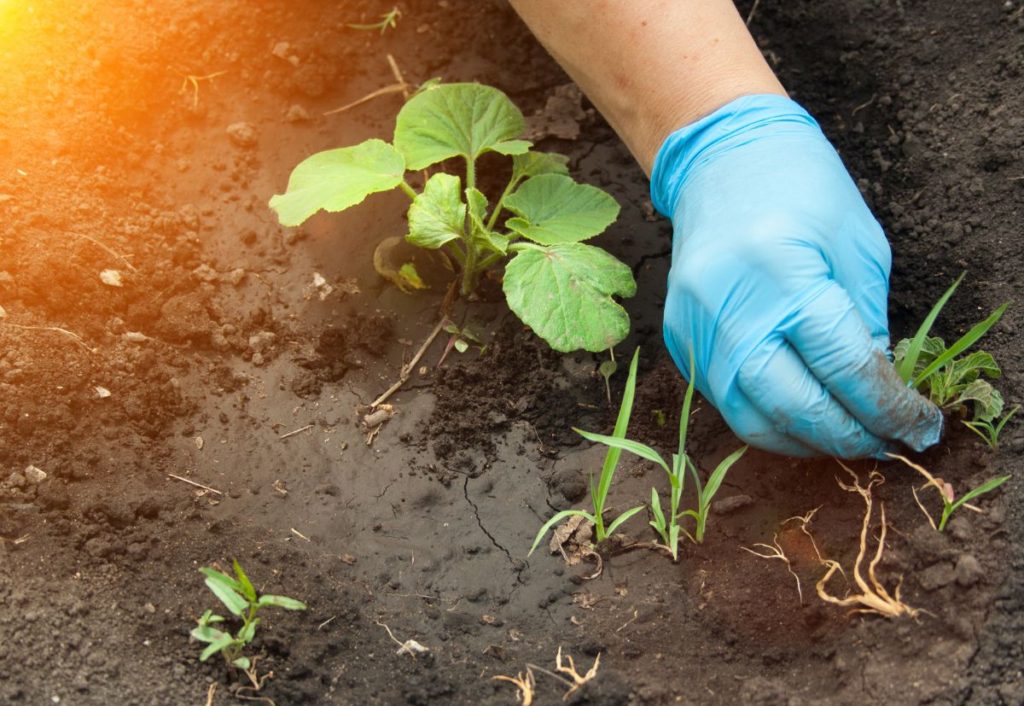
Weed-Free Wonders: Preventing Weeds Naturally
One of the fundamental steps in preventing weeds is laying the groundwork for a healthy garden. Before planting your vegetables, make sure to cultivate the garden soil thoroughly.
Natural Weed Control Begins With Proper Soil Preparation
Tilling the soil disrupts weed seeds and exposes them to unfavorable conditions, hindering their growth.
Additionally, amend the soil with organic matter like a good quality compost to improve its fertility and drainage, giving your vegetables a competitive edge against weeds.
Mulching to Prevent Weeds in the Vegetable Garden
Mulching is an excellent technique to suppress weed growth while retaining moisture in the soil.
Apply a thick layer of organic mulch around your vegetable plants, such as straw, leaves, or wood chips. The mulch acts as a natural barrier, preventing weed seeds from germinating by blocking sunlight.
It also helps to regulate soil temperature and conserve moisture, creating a more favorable environment for your vegetables.
| Type of Organic Mulch | Description |
|---|---|
| Straw | Straw is a commonly used mulch made from dried grain stalks. It helps retain moisture, suppress weeds, and protect the soil from temperature fluctuations. |
| Leaves | Fallen leaves can be collected and used as mulch. They break down slowly, enriching the soil with organic matter as they decompose. Shredded leaves work best as mulch to prevent matting. |
| Wood Chips | Wood chips provide excellent weed suppression and moisture retention. Use aged wood chips to avoid nitrogen competition with your vegetable plants, and avoid using fresh wood chips that can deplete soil nitrogen. |
| Grass Clippings | Fresh grass clippings can be used as mulch if applied in thin layers to prevent matting and allow air circulation. Avoid using clippings from lawns treated with herbicides or pesticides. |
| Newspaper/Cardboard | Layers of wet newspaper or cardboard act as effective weed barriers. They decompose over time and can be covered with other mulch materials to improve aesthetics. Avoid using glossy or colored paper. |
| Compost | Compost can be used as mulch to enrich the soil, suppress weeds, and retain moisture. Apply a thin layer of well-aged compost around your vegetable plants, taking care not to cover stems or plant bases. |
| Pine Needles | If you can access seaweed, it can be used as mulch for vegetable gardens. Rinse off excess salt before applying. Seaweed breaks down quickly, releasing nutrients into the soil and improving moisture retention. |
| Seaweed | If you have access to seaweed, it can be used as mulch for vegetable gardens. Rinse off excess salt before applying. Seaweed breaks down quickly, releasing nutrients into the soil and improving moisture retention. |
| Peanut Hulls or Nutshells | Nutshells or peanut hulls can be used as mulch in vegetable gardens. They suppress weeds, retain moisture, and add organic matter to the soil. Make sure they are free from chemicals or residues. |
| Coffee Grounds | Coffee grounds can be used as a mulch around acid-loving plants. They add organic matter to the soil, deter slugs and snails, and suppress weeds. Avoid using excessive amounts as they can compact and retain water. |
Remember to apply mulch around your vegetable plants in a layer about 2-4 inches thick, leaving some space around the plant stem to prevent moisture-related issues. Additionally, it’s essential to replenish the mulch layer as it decomposes over time to maintain its effectiveness.
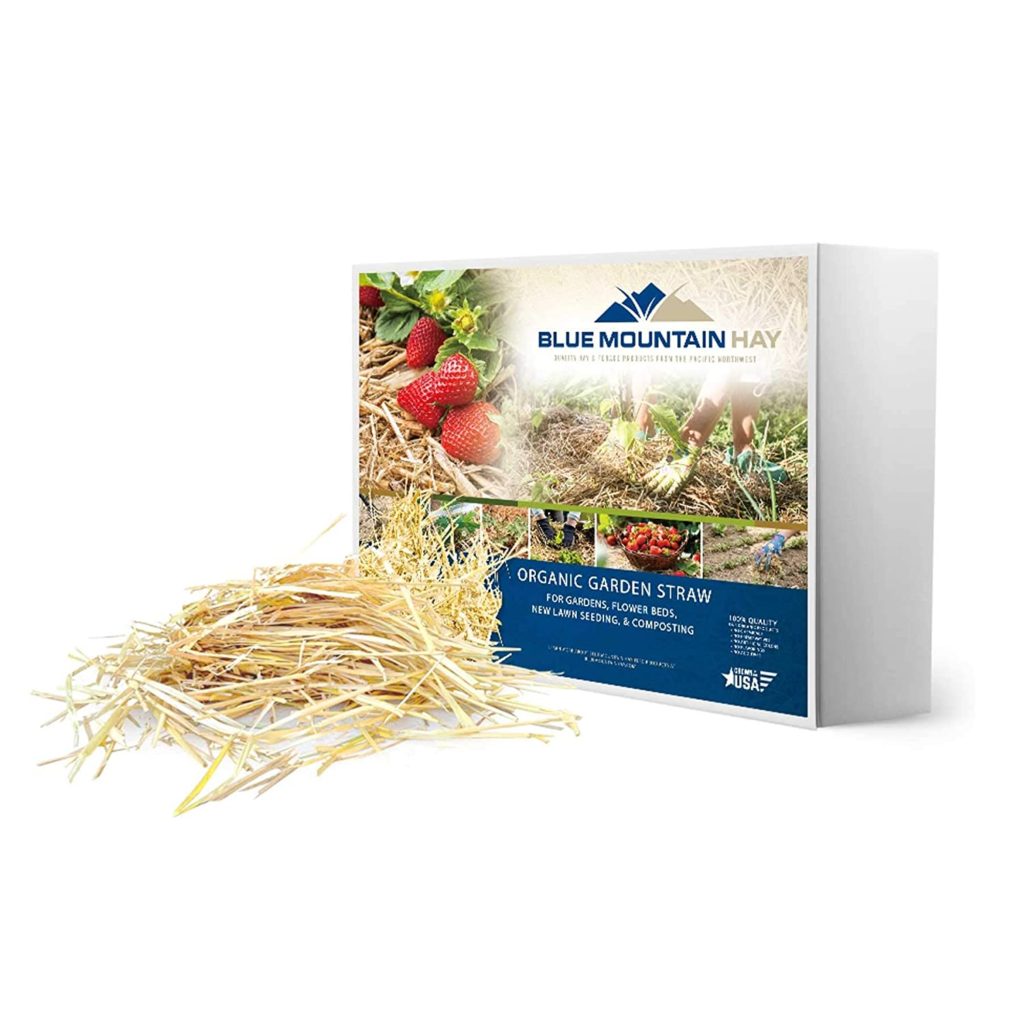
Blue Mountain Hay
Regular Weeding – The Importance of Staying Ahead
Despite our best efforts, some weeds will inevitably enter the garden. Regular weeding is essential to prevent them from establishing a foothold. Invest in a good quality hoe, like a loop or hula hoe, which allows you to swiftly remove weeds with minimal effort.
By staying proactive and tackling weeds when they are small, you’ll prevent them from flowering, setting seeds, and causing future headaches.
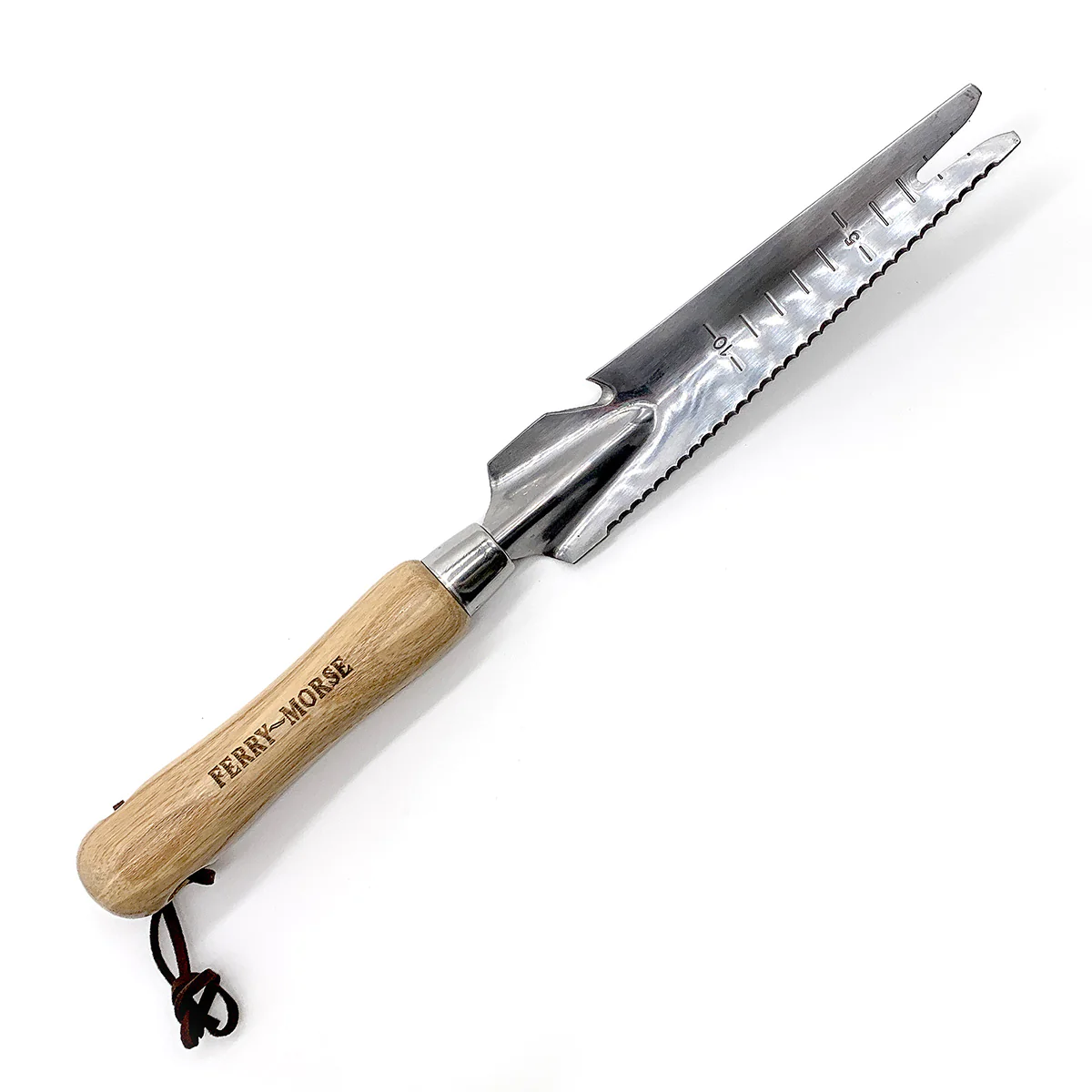
Our Favorite Hand-Weeding Tool
Ferry-Morse
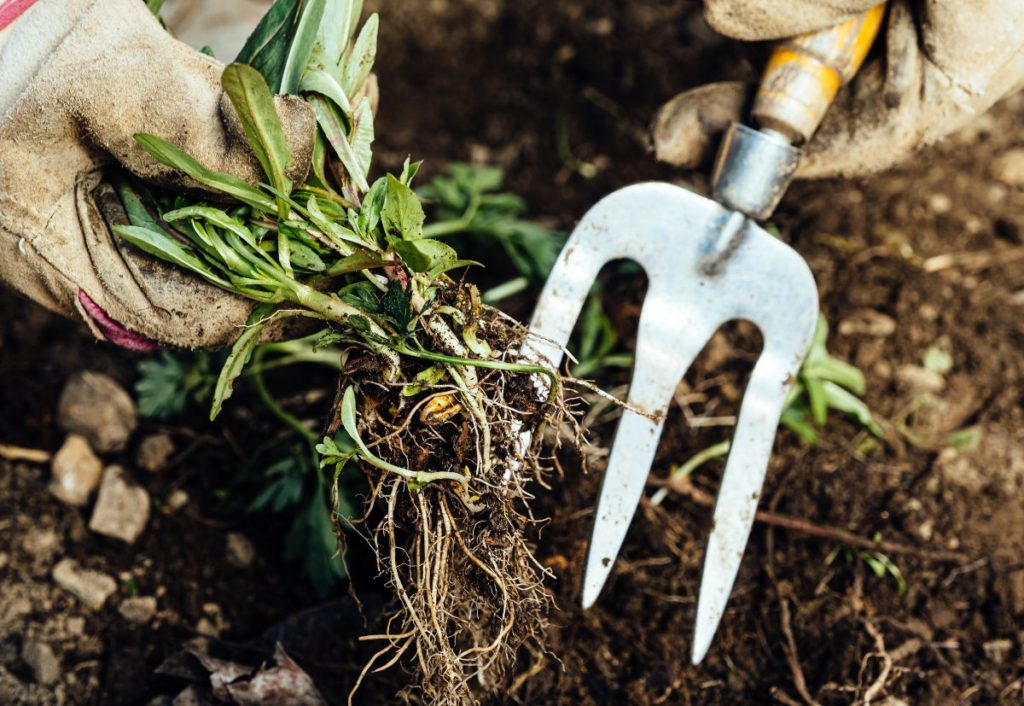
Embrace the Power of Ground Covers
Ground covers are an effective strategy for preventing weed growth in vegetable gardens. Plant low-growing and spreading plants, such as clover, thyme, or creeping phlox, between your vegetable rows or borders.
These ground covers act as living mulch, smothering weeds and reducing the available space for their growth. Additionally, they provide a habitat for beneficial insects, improve soil health, and add beauty to your garden.
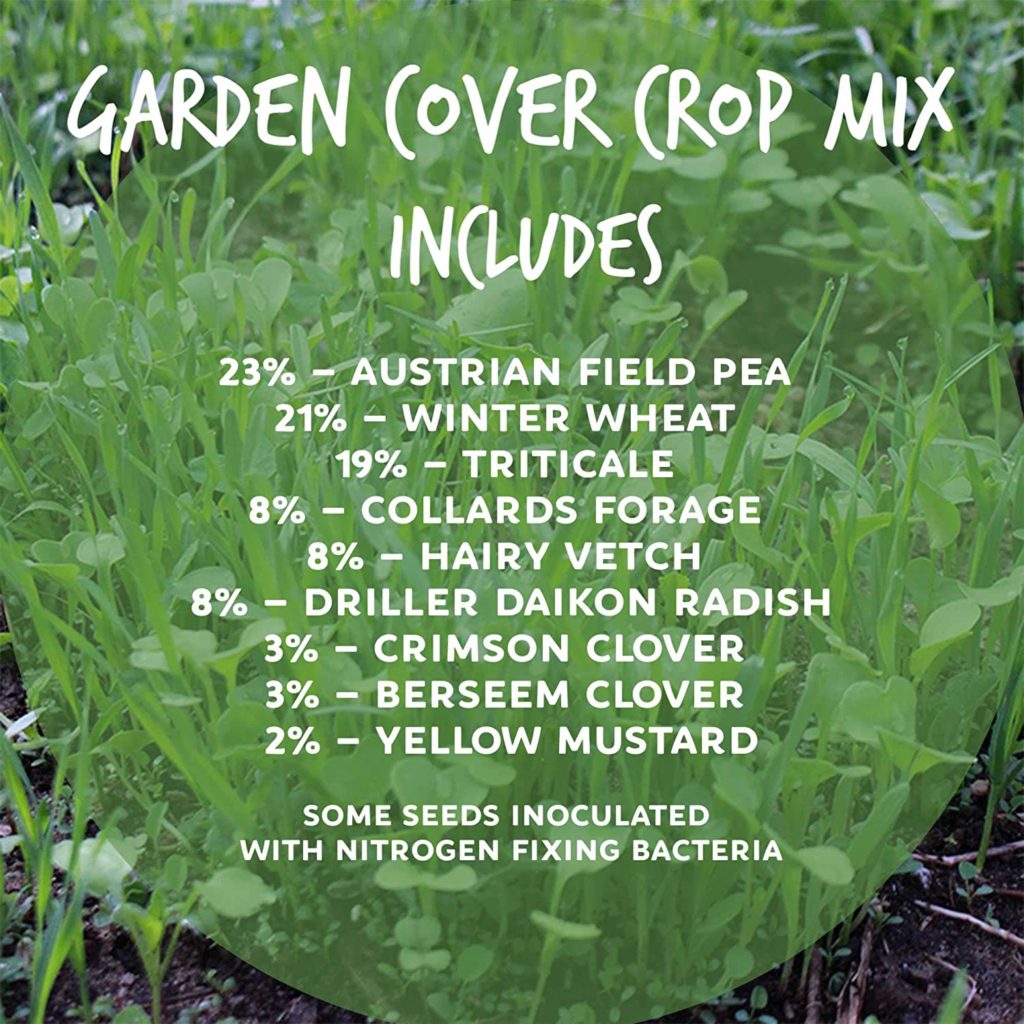
Buy this 5lb sack of assorted ground cover seeds for no-till gardening on Amazon.
Some Groundcovers are “Weeds!”
Chickweed is one of my favorite weeds that grow during cooler months. I allow it to fill the garden beds because its roots are minimal and easy to pull, but its greens cover much surface area. This keeps the bad weeds out. I pull up the chickweed and use it as mulch in the spring. It is full of nutrients, and earthworms love it. It replenishes the soil before it is time to plant new seeds. – Tara
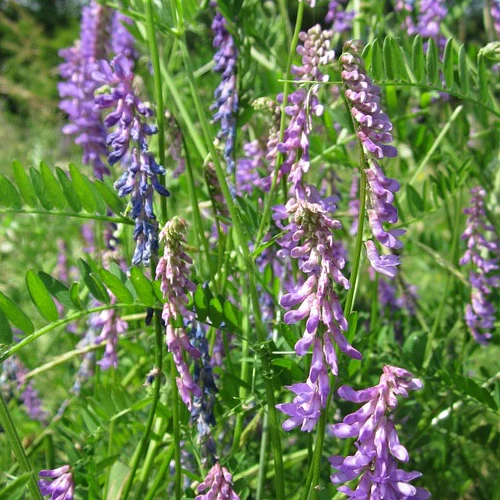
Hairy Vetch Cover Crop
SeedsNow
Crimson Clover Cover Crop
SeedsNow
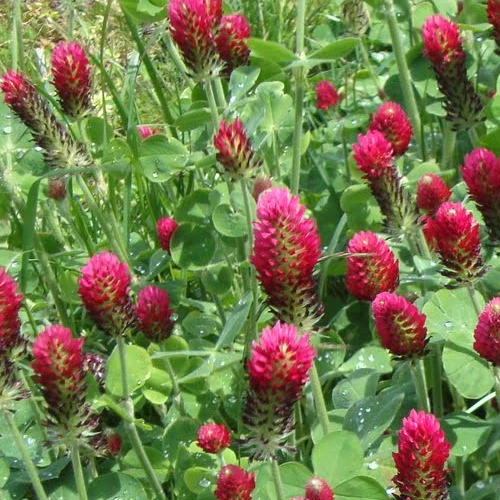

Safe Weed Killers to Prevent Weeds in the Vegetable Garden
If weeds persist despite your best efforts, there are safe and natural weed killers that you can use selectively.
Vinegar, specifically white vinegar with a high acetic acid concentration, can be sprayed directly on weeds to kill them. Several strengths are available on the market, but regular white table vinegar is effective.
However, be cautious not to spray it on your vegetables as it may damage them too. Boiling water poured carefully on weeds is another effective and chemical-free method to eradicate them without harming your vegetables and changing the pH of the soil, which can disrupt the ecosystem.
Regular Maintenance and Monitoring
Preventing weeds in your vegetable garden is an ongoing process that requires regular maintenance and monitoring. Keep an eye out for new weed growth, especially after rain or irrigation, and promptly remove them.
Regularly inspect your garden beds and pathways for signs of weeds, promptly addressing them before they can spread and take root.
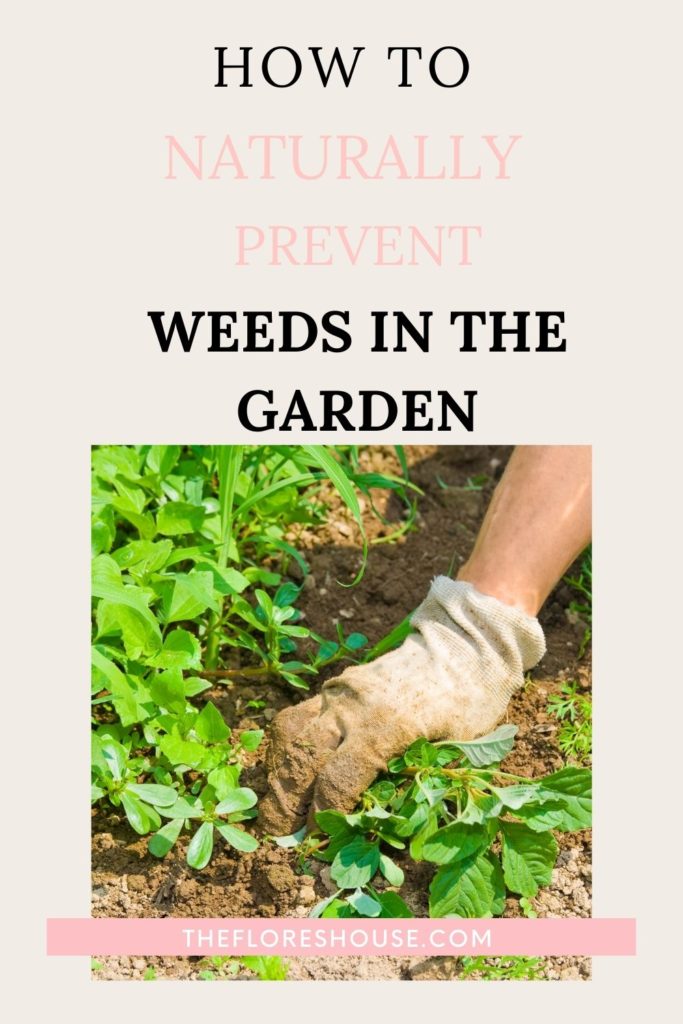
Maintaining a weed-free vegetable garden naturally is not only possible but also rewarding. By adopting a combination of strategies like proper soil preparation, mulching, regular weeding, ground covers, and safe weed killers, you can create a thriving garden free from invasive plants.
Remember, a little effort and vigilance go a long way in preserving the health and productivity of your beloved vegetable garden. So, chop those weeds, lay down the mulch, and watch your garden flourish into a weed-free haven of homegrown delights!
Read This Before Buying a Raised Garden Bed

